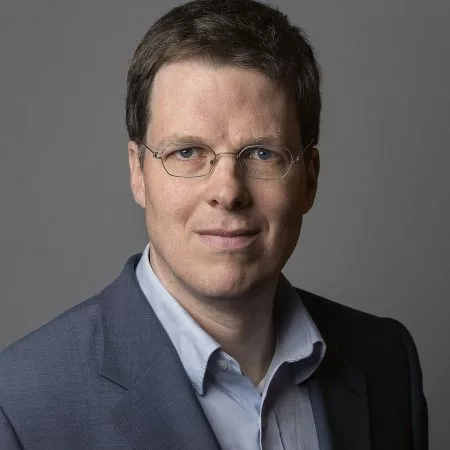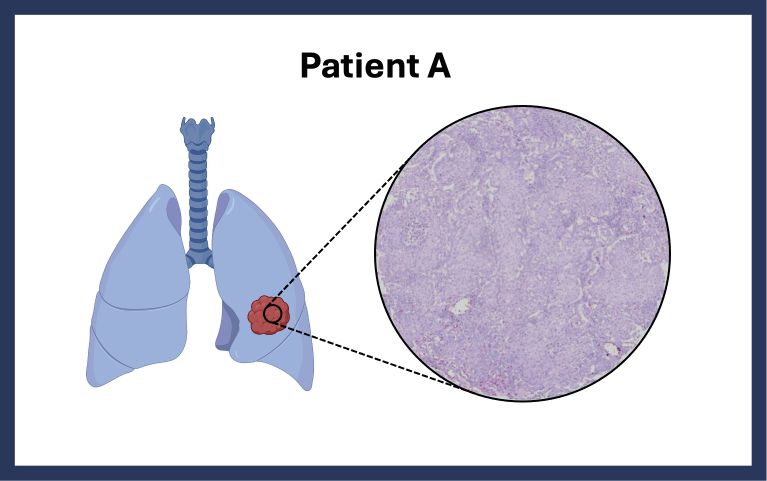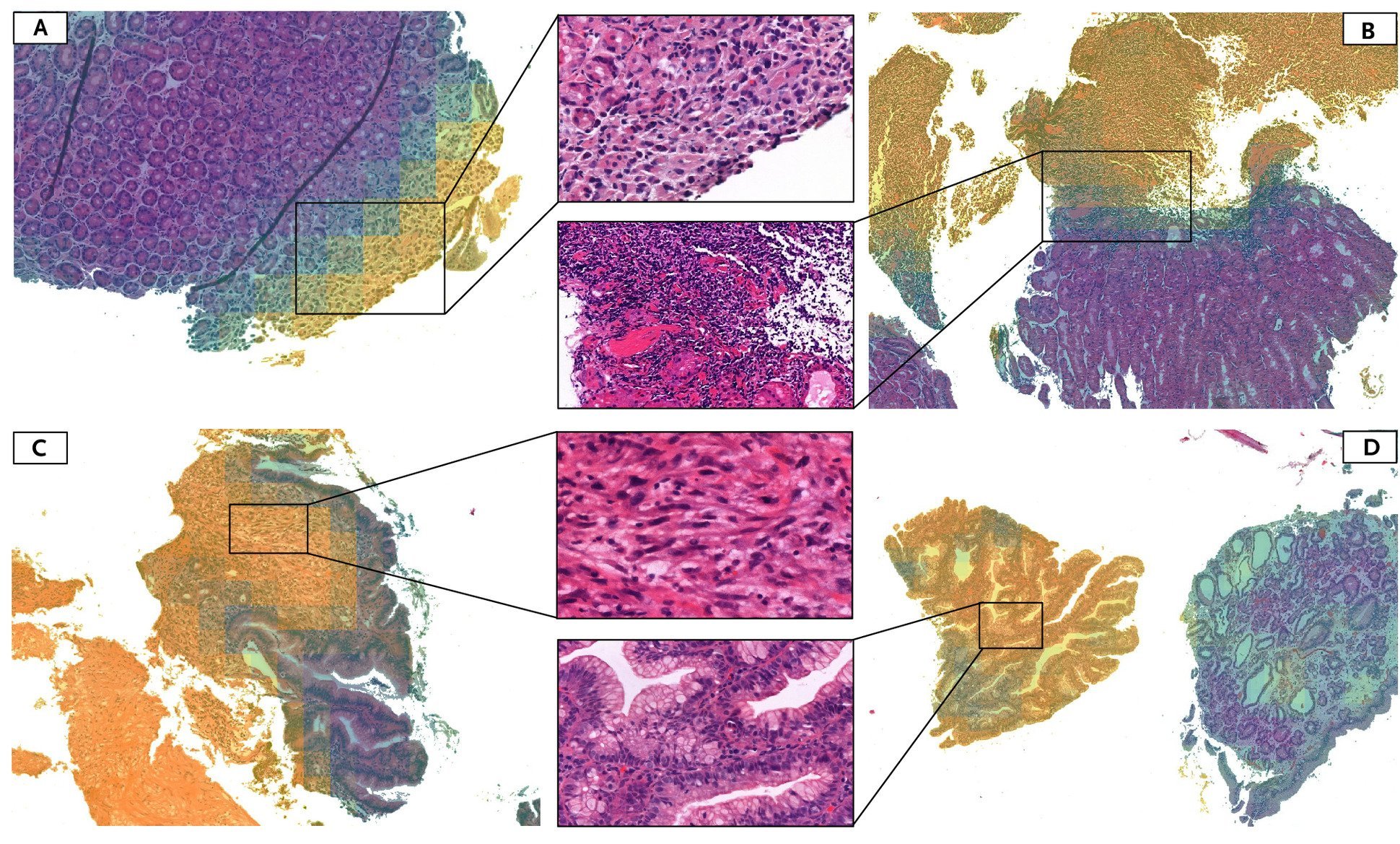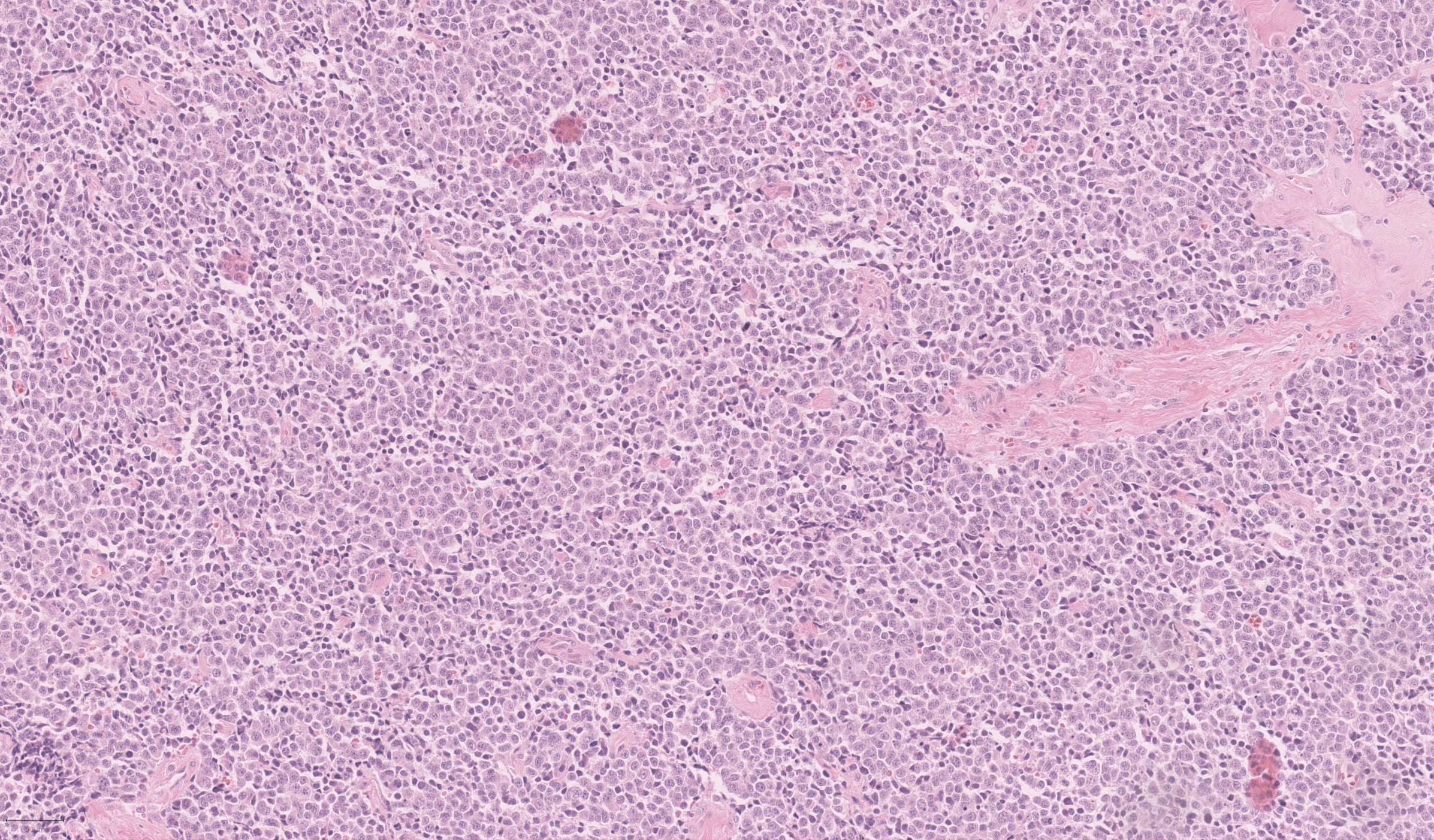
Prof. Dr. Frederick Klauschen
Research Group Lead / Charité
Research Grouplead | BIFOLD
Director | Pathologisches Institut, Ludwig-Maximilian-Universität München
Group Leader
Institute of Pathology
Charité UNIVERSITÄTSMEDIZIN BERLIN
| 2012 | Novartis Pathology-Oncology Award |
| 2011 | Human Frontier Science Program Young Investigator Award |
| 2004 | NIH Postdoctoral Fellowship Award |
Systems biological integration of proteogenomic profiles and histological images through bioinformatics and machine learning with the goal to better understand and predict pathological mechanisms in tumors and finally, to better diagnose and treat cancer.
- German Pathological Society
- International Academy of Pathology
- German Physical Society
Maximilian Alber, Timo Milbich, Alexandra Carpen-Amarie, Stephan Tietz, Jonas Dippel, Lukas Muttenthaler, Beatriz Perez Cancer, Alessandro Benetti, Panos Korfiatis, Elias Eulig, Jérôme Lüscher, Jiasen Wu, Sayed Abid Hashimi, Gabriel Dernbach, Simon Schallenberg, Neelay Shah, Moritz Krügener, Aniruddh Jammoria, Jake Matras, Patrick Duffy, Matt Redlon, Philipp Jurmeister, David Horst, Lukas Ruff, Klaus-Robert Müller, Frederick Klauschen, Andrew Norgan
Atlas 2 - Foundation models for clinical deployment
Nadia Jurczok, Gabriel Dernbach, Benedikt Ebner, Henning Plage, Mihnea P. Dragomir, Philipp Keyl, Julika Ribbat-Idel, Evelyn Ramberger, Florian Roßner, Alexander Quaas, Guido Sauter, Thorsten Schlomm, Frederick Klauschen, Christian Stief, David Horst, Gerald Bastian Schulz, Marie-Lisa Eich, Simon Schallenberg
Multiregional Immune Profiling Reveals Prognostic Patterns in Bladder Cancer
Simon Schallenberg, Gabriel Dernbach, Sharon Ruane, Philipp Jurmeister, Cornelius Böhm, Kai Standvoss, Sandip Ghosh, Marco Frentsch, Mihnea P. Dragomir, Philipp G. Keyl, Corinna Friedrich, Il-Kang Na, Sabine Merkelbach-Bruse, Alexander Quaas, Nikolaj Frost, Kyrill Boschung, Winfried Randerath, Georg Schlachtenberger, Matthias Heldwein, Ulrich Keilholz, Khosro Hekmat, Jens-Carsten Rückert, Reinhard Büttner, Angela Vasaturo, David Horst, Lukas Ruff, Maximilian Alber, Klaus-Robert Müller, Frederick Klauschen
AI-powered spatial cell phenomics enhances risk stratification in non-small cell lung cancer
Philipp Keyl, Julius Keyl, Andreas Mock, Gabriel Dernbach, Liliana H Mochmann, Niklas Kiermeyer, Philipp Jurmeister, Michael Bockmayr, Roland F Schwarz, Grégoire Montavon, Klaus-Robert Müller, Frederick Klauschen
Neural interaction explainable AI predicts drug response across cancers
Jonah Kömen, Edwin D. de Jong, Julius Hense, Hannah Marienwald, Jonas Dippel, Philip Naumann, Eric Marcus, Lukas Ruff, Maximilian Alber, Jonas Teuwen, Frederick Klauschen, Klaus-Robert Müller
Towards Robust Foundation Models for Digital Pathology

AI Improves Lung Cancer Diagnostics
An interdisciplinary research team from BIFOLD (Berlin Institute for the Foundations of Learning and Data), Technische Universität Berlin, Universitätsklinikum Köln, Charité - Universitätsmedizin Berlin, the AI company Aignostics, and Ludwig Maximilians University Munich (LMU) has developed a novel AI-based method to more accurately predict the survival of lung cancer patients.

AI in medicine: new approach for more efficient diagnostics
Researchers from LMU, BIFOLD, and Charité have developed a new AI tool that uses imaging data to also detect less frequent diseases of the gastrointestinal tract. In contrast to conventional models, the new AI only needs training data from common findings to detect deviations.

AI facilitates breakthrough in cancer diagnostics
So-called sinonasal undifferentiated carcinomas (SNUCs) are extremely difficult to diagnose. An interdisciplinary team of researchers has developed an AI tool that reliably distinguishes tumors on the basis of chemical DNA modifications
An overview of the current state of research in BIFOLD
Since the official announcement of the Berlin Institute for the Foundations of Learning and Data in January 2020, BIFOLD researchers achieved a wide array of advancements in the domains of Machine Learning and Big Data Management as well as in a variety of application areas by developing new Systems and creating impactfull publications. The following summary provides an overview of recent research activities and successes.

